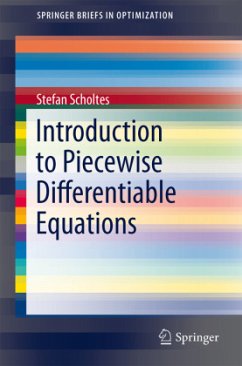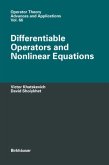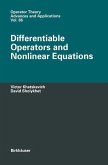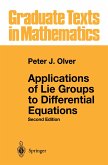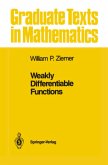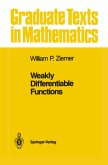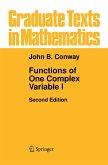This brief provides an elementary introduction to the theory of piecewise differentiable functions with an emphasis on differentiable equations. In the first chapter, two sample problems are used to motivate the study of this theory. The presentation is then developed using two basic tools for the analysis of piecewise differentiable functions: the Bouligand derivative as the nonsmooth analogue of the classical derivative concept and the theory of piecewise affine functions as the combinatorial tool for the study of this approximation function. In the end, the results are combined to develop inverse and implicit function theorems for piecewise differentiable equations.
This Introduction to Piecewise Differentiable Equations will serve graduate students and researchers alike. The reader is assumed to be familiar with basic mathematical analysis and to have some familiarity with polyhedral theory.
This Introduction to Piecewise Differentiable Equations will serve graduate students and researchers alike. The reader is assumed to be familiar with basic mathematical analysis and to have some familiarity with polyhedral theory.
From the reviews:
"The book is nicely written with a lucid yet rigorous presentation of the mathematical concepts and constructions involved. It does not require prerequisites far beyond multivariable calculus and basic linear algebra ... . This book is a welcome addition to the bookshelf of anyone who is interested in polyhedral combinatorics and nonsmooth analysis, and applications to sensitivity analysis of variational inequalities." (Asen L. Dontchev, Mathematical Reviews, January, 2013)
"The book is nicely written with a lucid yet rigorous presentation of the mathematical concepts and constructions involved. It does not require prerequisites far beyond multivariable calculus and basic linear algebra ... . This book is a welcome addition to the bookshelf of anyone who is interested in polyhedral combinatorics and nonsmooth analysis, and applications to sensitivity analysis of variational inequalities." (Asen L. Dontchev, Mathematical Reviews, January, 2013)

